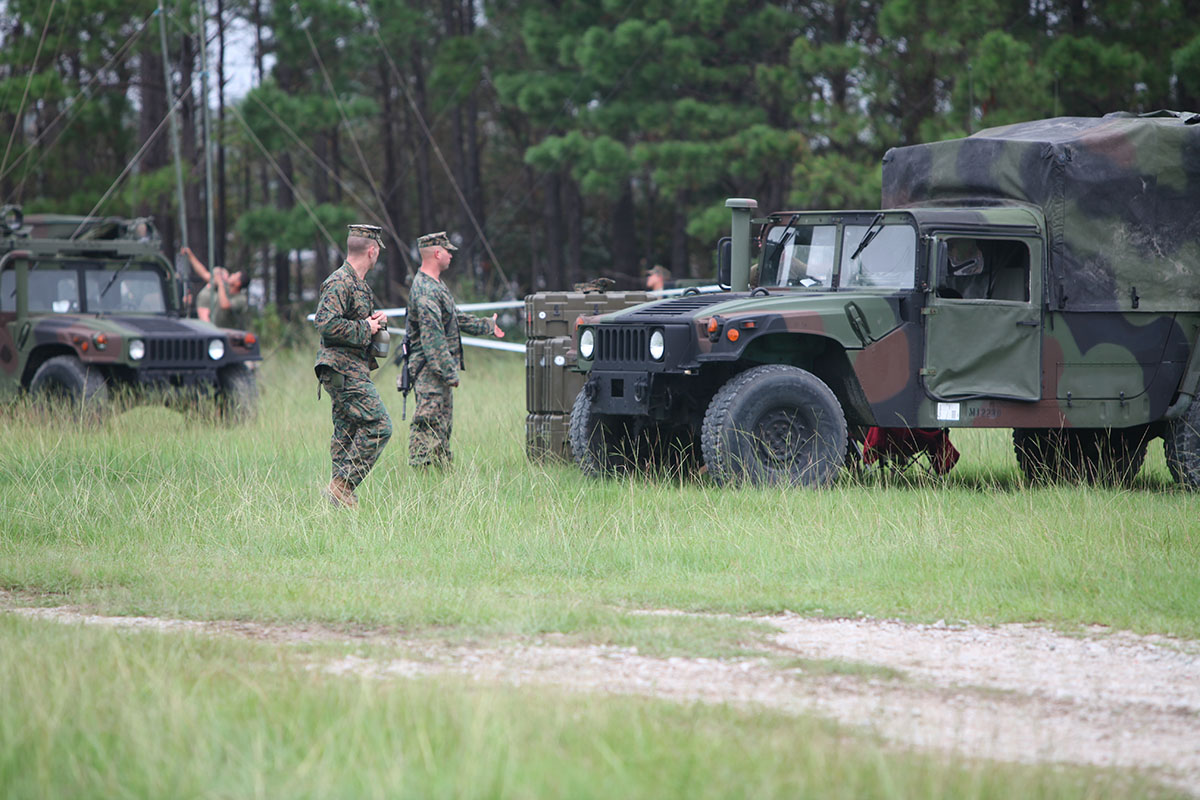What Is the Statute of Limitations?
The statute of limitations for Camp Lejeune claims sets a deadline for filing lawsuits, impacting victims of Camp Lejeune’s water contamination.
Definition and Purpose
The statute of limitations is a law prescribing a time limit in which legal actions can be initiated. Its primary purpose is to ensure legal claims are made while evidence is fresh and witnesses are available. For Camp Lejeune cases, this timeframe defines when affected individuals can seek legal recourse.
Importance in Legal Cases
Knowing the statute of limitations is crucial in legal cases, especially those involving long-term contamination. Missing this deadline forfeits the right to compensation. Those affected by Camp Lejeune’s contamination should be particularly vigilant. The statute governs when to initiate proceedings and can influence the case’s outcome.
Specifics of the Statute of Limitations for Camp Lejeune Cases
Understanding the statute of limitations is essential for pursuing claims related to Camp Lejeune water contamination. Missing specific deadlines could mean losing the right to seek compensation.
Overview of Relevant Laws
The primary law governing these cases is the Camp Lejeune Justice Act (CLJA) of 2022. This law provides a two-year window for filing claims starting on August 10, 2022, applying to both past and future cases linked to contamination exposure. The Federal Tort Claims Act (FTCA) also plays a role, setting forth additional procedural requirements for bringing claims against the federal government. Victims need to adhere to these statutes to ensure their cases are heard.
Key Timeframes to Consider
The CLJA stipulates a deadline of August 10, 2024, for initiating legal actions for water contamination claims. Beyond this, individuals have six months to file an administrative claim with the Department of the Navy before pursuing litigation under the FTCA. Submitting claims promptly is crucial to ensure compliance with these statutory deadlines. Victims should consult legal experts to navigate these timelines effectively and avoid forfeiting their right to compensation.
Historical Context and Legal Developments
The history of Camp Lejeune’s water contamination spans several decades and involves significant legal developments aimed at addressing the harm faced by affected individuals.
Timeline of Events
- 1953-1987: Camp Lejeune’s water supply became contaminated with hazardous chemicals such as benzene and trichloroethylene.
- 1982: Massive contamination was discovered when the U.S. Marines tested the water supply.
- 1999: The Agency for Toxic Substances and Disease Registry (ATSDR) began a public health assessment.
- 2012: The Janey Ensminger Act was signed, providing healthcare to affected veterans and their families.
- 2022: The Camp Lejeune Justice Act (CLJA) passed, opening a two-year period for filing claims from August 10, 2022, to August 10, 2024.
- Janey Ensminger Act of 2012: Named after a Marine’s daughter who died of leukemia, this law provided healthcare benefits to affected individuals, marking a significant acknowledgment of the problem.
- Camp Lejeune Justice Act of 2022: This key legislation allows victims to file claims and seek compensation, triggering numerous lawsuits and legal actions.
- Federal Tort Claims Act (FTCA): Applies to claims against the federal government, imposing procedural requirements including a compulsory administrative claim before filing a lawsuit.
Challenges and Considerations
Navigating the legal landscape for Camp Lejeune water contamination cases presents victims with unique challenges. Understanding these hurdles is crucial for effectively pursuing claims and securing compensation.
Common Obstacles for Plaintiffs
Victims often face difficulty in proving the link between their health issues and water contamination. Medical records from decades ago may be incomplete, making it hard to demonstrate exposure and causation. Additionally, the complexity of the Camp Lejeune Justice Act (CLJA) and the Federal Tort Claims Act (FTCA) adds layers of procedural challenges.
Claimants must also contend with the tight statute of limitations. Missing the August 10, 2024, deadline means losing the right to seek compensation. Furthermore, filing an administrative claim with the Department of the Navy within six months can be daunting without legal guidance.
Strategies for Overcoming These Challenges
Securing comprehensive medical documentation is vital. Claimants should gather all relevant health records and consider consulting medical experts to establish a clear causative link. Legal representation can navigate the intricacies of the CLJA and FTCA, ensuring procedural compliance and timely filing.
Utilizing legal expertise helps manage deadlines effectively, offering strategic advice on meeting the August 10, 2024, cutoff and filing the necessary administrative claims promptly. Claimants can thereby maximize their chances of obtaining compensation for their suffering.
Seeking Legal Assistance
Navigating the Camp Lejeune water contamination cases requires expert legal guidance due to their complexity. Professional legal assistance can help ensure compliance with statutes and maximize the chances of obtaining compensation.
Finding the Right Attorney
Identifying the right attorney is crucial for a successful claim. Seek an attorney with specialized experience in environmental law and cases involving military installations, especially those familiar with the Camp Lejeune Justice Act (CLJA) and the Federal Tort Claims Act (FTCA). Examine their track record in similar cases, client testimonials, and case outcomes.
Relevant qualifications: Verify the attorney’s credentials, bar membership, and experience with federal claims.
Track record: Look for past successes in environmental contamination and military-related cases.
Client reviews: Read client testimonials to assess their expertise and client service quality.
Preparing for Your Case
Preparing for a Camp Lejeune water contamination case involves meticulous documentation and strategic planning. Essential steps include gathering comprehensive medical records that link the health issues to water contamination and consulting medical experts to establish causation.
Medical documentation: Secure all relevant medical records, tests, and diagnoses.
Expert consultation: Engage medical professionals to support the connection between contamination and health conditions.
Legal strategy: Work with your attorney to develop a sound legal strategy tailored to the specifics of the CLJA and FTCA.
A well-documented case coupled with the right legal expertise can significantly enhance the likelihood of a successful claim.
Understanding the statute of limitations for Camp Lejeune water contamination cases is crucial for victims seeking justice. The Camp Lejeune Justice Act of 2022 provides a specific timeframe, making it imperative for affected individuals to act promptly. Missing key deadlines can result in losing the right to compensation.
Navigating the legal landscape can be complex, and professional legal assistance is essential. Securing comprehensive medical documentation and consulting experts can strengthen a case. By engaging experienced attorneys, victims can effectively manage the procedural requirements and maximize their chances of obtaining the compensation they deserve.





